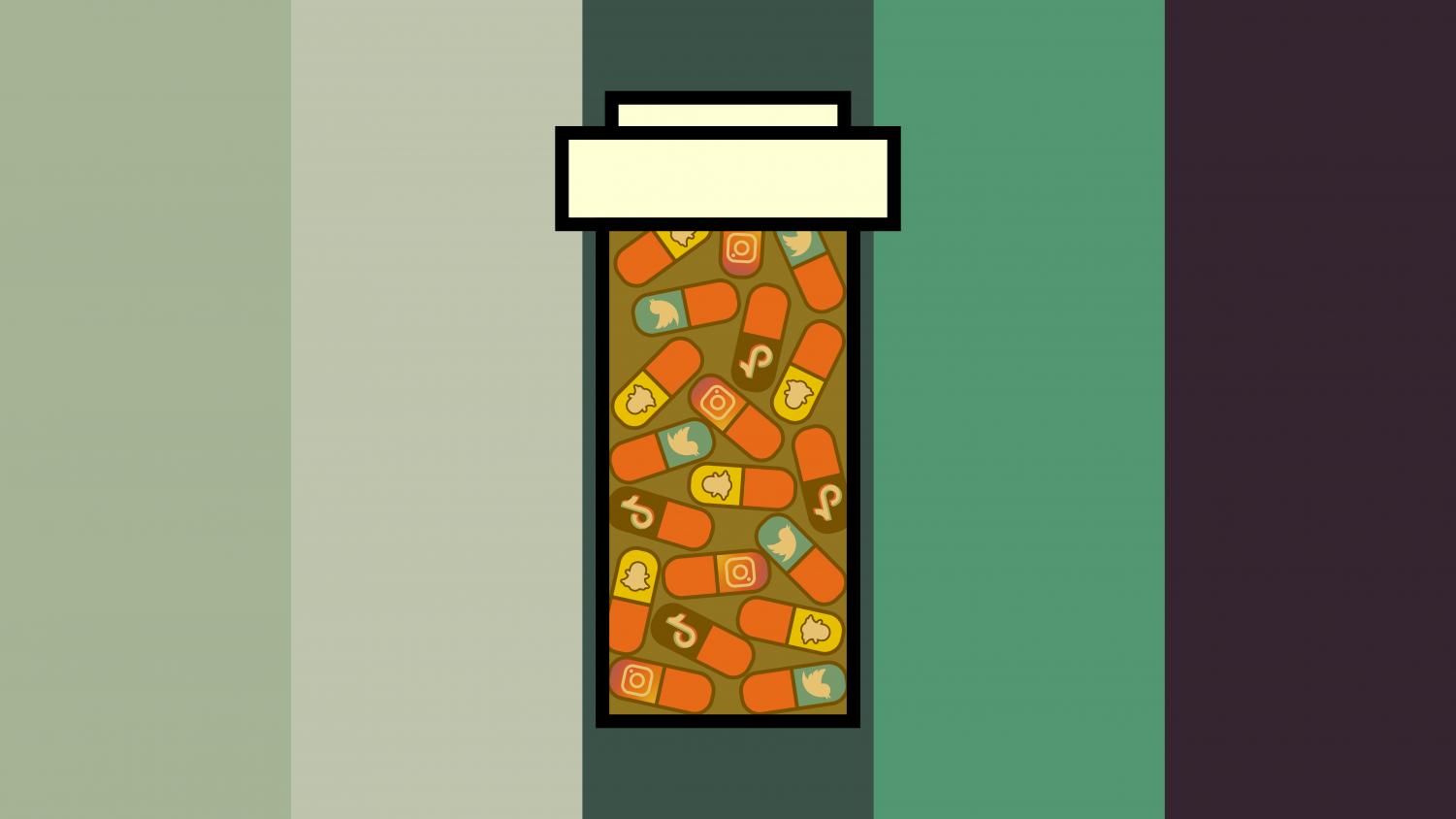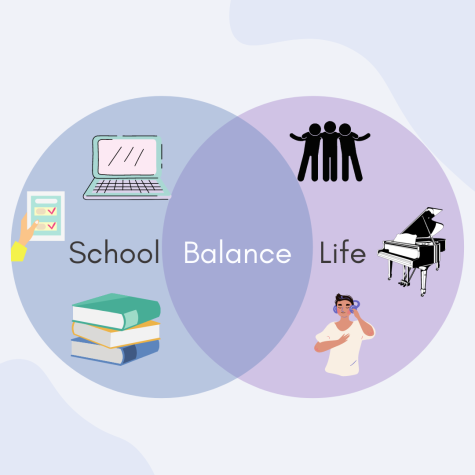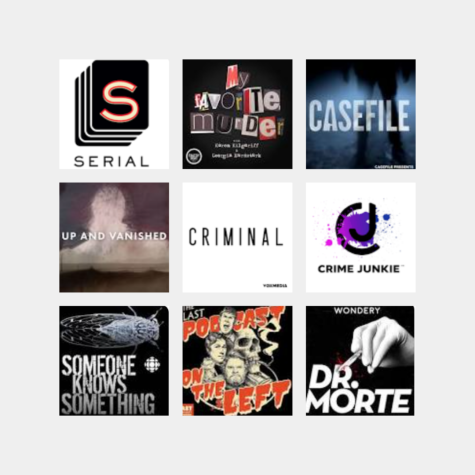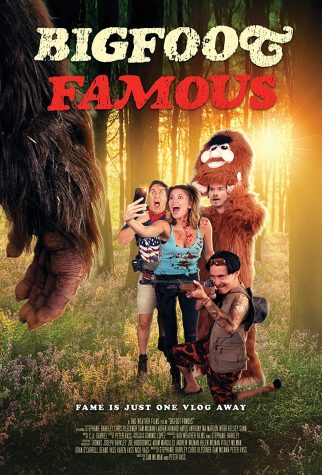Oracle After Hours: “While watching this film, I began to realize how much my phone has impacted my life.” The Social Dilemma, impacts and informs
November 19, 2020
 It is fair to say that we all know we are on our phones more than ever right now. There is a pandemic and we are all stuck inside, so it is easier to get lost in the endless loop of social media.
It is fair to say that we all know we are on our phones more than ever right now. There is a pandemic and we are all stuck inside, so it is easier to get lost in the endless loop of social media.
Recently my family and I watched The Social Dilemma on Netflix. I was hesitant about watching this docudrama because I had an underlying idea that most films about technology always communicate the same thing: technology is bad and could basically destroy human civilization.
Little did I know that The Social Dilemma would open my eyes to how potentially destructive social media can be.
The film included interviews of former high-level designers and creators from companies like Google, Apple and Facebook, one-of whom is Tristan Harris, an ex-designer at Google. Harris, while working at Google, realized the way many technology companies develop their apps is somewhat unethical and no one from Google was focusing on the addictive aspects that come with certain technology and social media platforms. Harris acknowledged that these companies have developed artificial intelligence to push out targeted ads and content they designed to appeal to each specific customer, but it comes at a price.
Harris said that the algorithms used by social media apps create targeted information based on the customer’s interest and the paying advertisers. This information is not always balanced and accurate. Harris highlighted the fact that almost all social media companies focus on how to maximize earnings off of the customer, despite the questionable ethical dilemma it causes.
While watching this film, I began to realize how much my phone has impacted my life.
How many times had I put my phone down right after a notification popped up with just the thing I was looking for?
How many times had I planned to get off my phone, but that one influencer that I love just posted, and I had to look?
How many times had my YouTube recommendations feed given me one video I liked after another?
This film generated a lot of self-reflection on my part.
The Social Dilemma also consists of a fictional story about a teenage boy struggling with his own addiction to his phone and social media. Ben, played by Skyler Gisondo, is ignorant of the destructive path his life is taking due to his constant need to be on his phone. The audience is able to see the impact of artificial intelligence on Ben in selecting what he sees and does not see on his social media.
This mirrors what happens every day with people who are getting manipulated by social media. Ben is a character who represents teenagers who feed off of this AI-generated content because it fits his interests.
When I watched a teenager, just like me, and how much artificial intelligence controlled his life, I was scared.
I was scared because it is the truth. Technology, specifically social media, is controlling so much of our lives. Most kids my age cannot go more than five minutes without checking their phones.
Constant reliance and attachment to social media is becoming the new normal. It is scary to learn that major technology companies have not been considering ethical solutions to global addiction and attachment to these devices.
However, social media is not necessarily a path to a dystopia for the remainder of humanity. The past executives of the major technology companies in this film assured the audience that we have the power to regain the benefits of social media while getting rid of the toxicity. They recognized how vital it is to focus on the ethical side of artificial intelligence and technology usage, like regulating the amount of information these companies are able to gather and give to the customer.
This film instilled a sense of worry and fear in me for the future.
I encourage you to educate yourself for the better and watch The Social Dilemma. It is a film that will impact and inform everyone.
Personally, I am going to be more mindful of the fact that social media can be manipulative and addictive. I am beginning to recognize that some of the content and ads I see on social media are targeted and solely benefit the advertiser.
I acknowledge that there is a long way to go, but I am hopeful we can change the way we use social media to make the world a better place.














